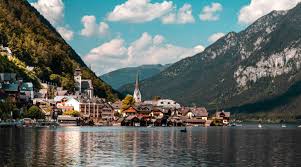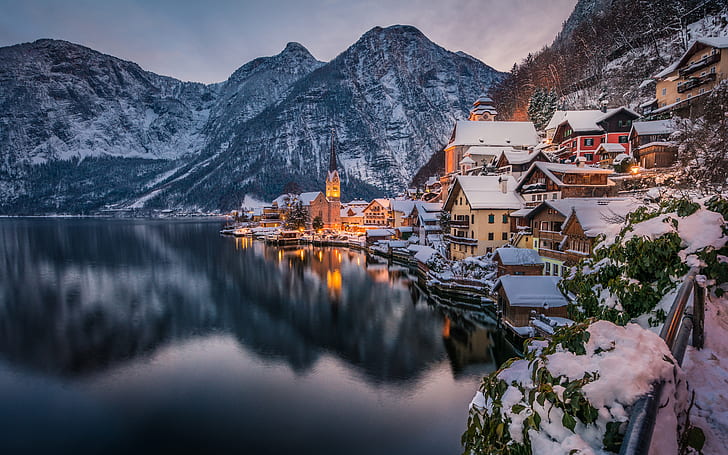🇦🇹 Why Study in Austria? A Comprehensive Guide for International Students
🎓 1. Prestigious Education & Academic Excellence
- Top-tier institutions: Austria’s public universities, like the University of Vienna (the oldest in German-speaking Europe and alma mater to 17 Nobel laureates) and TU Wien, consistently rank among the world’s best.https://trustinternational.edu.np/storage/photos/1/Austria%20Text.jpg
- Research-integrated education: English-taught master's and PhD programs, especially at Modul University and TU Wien, blend rigorous academics with real-world research projects .
💶 2. Affordable Education & Scholarship Opportunities
- Very low tuition: Non‑EU/EEA students at public universities typically pay around €726.72 per semester, while EU/EEA students pay only administrative union fees (~€20–€50).
- Additional programs: Universities of Applied Sciences charge €727–7,500 per semester for non‑EU/EEA students, and private institutions range from €3,000–23,000+ per year.
- Ample funding: Scholarships from OeAD, Erasmus+, Richard Plaschka Grant, and university-specific awards support eligible students.
🏙 3. Cost of Living & Student Budgeting
- Moderate living expenses: Monthly student budgets range from €800–1,500, depending on lifestyle and city—Vienna tends higher than Graz, Innsbruck, or Salzburg.
- Accommodation is adjustably priced: dorms cost €200–500/month; shared or private apartments range €300–700.
- Typical costs: groceries (€200–350), transport (€30–50), health insurance (€60–120), utilities (€100–200), plus others .
🗺 4. Central Location & Cultural Richness
- Heart of Europe: Austria shares borders with eight countries—perfect for weekend trips and summer travel across the continent.
- Cultural hotbed: historic cities like Vienna, Salzburg, and Graz offer UNESCO sites, opulent palaces, classical music scenes, museums, and a café culture steeped in Mozart and Freud heritage .
🌄 5. Stunning Natural Beauty & Outdoor Lifestyle
- Alpine wonderland: Austria’s mountains, lakes, and trails offer skiing, hiking, biking, and water sports close to urban centers like Innsbruck and Salzburg .
🛡 6. Safety, Support & High Quality of Life
- Peaceful environment: Austria ranks among the world’s safest countries, with stable governance and strong public services.
- Comprehensive assistance: universities provide orientation weeks, mentorship, student clubs, and German-language courses to help international students integrate and succeed.
💼 7. Work, Career & Post‑Study Options
- Student employment: Allowed up to 10 hrs/week for bachelor and 20 hrs/week for master’s students, with full-time work during breaks; wages start around €9/hr.
- Post-graduation stay: Graduates get 12 months to find a job via the Red-White-Red Card; successful employment can lead to longer permits and eventual permanent residence

